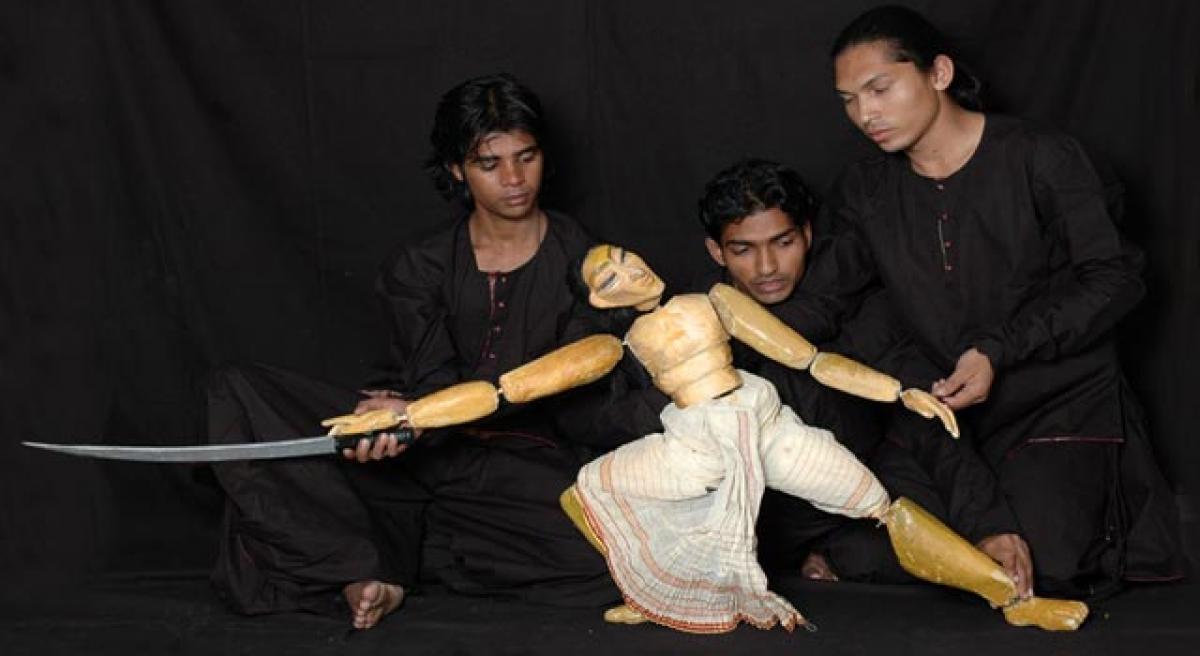Live
- The Telangana Woman Sushma Thodety Shines in the UMB Pageant's ‘Mrs. India’ Competition
- Suspect arrested after firing shots near Israeli consulate in Istanbul
- IPL 2025: Pant, Iyer, Rahul, Buttler, Shami among most-priced as 571 players set for mega auction
- Delhi Mayor poll: Cross-voting shows AAP councillors’ frustration, says Congress leader Jitender Kochar
- NIA files fresh charges against Mizoram-based arms trafficker
- From appeasement to 'New India' pitch: Nadda credits PM Modi for changing style of politics
- Bihar liquor ban gave rise to unauthorised trade, means ‘big money’ for officials: Patna HC
- COP29 Presidency launches initiative to address climate change, humanitarian needs
- Bangladesh's October foreign reserves fall below 20 billion USD
- CM Vijayan's top aide Sasi takes legal route in fight with MLA Anvar









